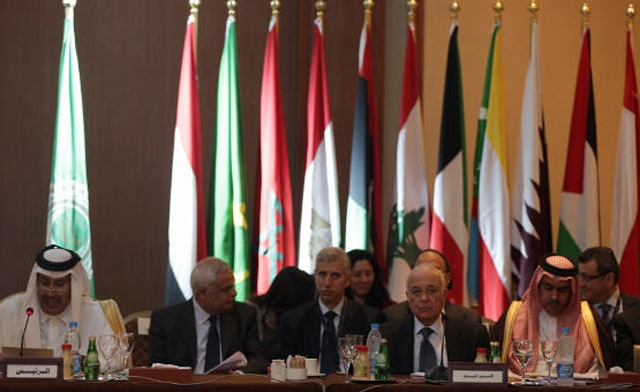When Libya and Lebanon defend the UAE
Iran's Allies on the UAE's Side

Iranian Diplomacy: What factors have basically led Lebanon, which is considered an ally of Iran, to take such a stance?
Hossein Rooyvaran: With regard to Lebanon, it must be said that a uniform government can never exist in this country. Some parts of the government have their own special connections with Saudi Arabia. Mr. Najib Mikati himself is currently in this position and some stances are taken in the framework of solidarity with Saudi Arabia. So, this is the stance of a political front that has close ties with and dependencies on Saudi Arabia and it is not the opinion of the whole government, nor that of the Hezbollah or Amal groups.
Therefore, taking into consideration the existing political diversity in Lebanese governance, these statements seem natural. This is because, whether we like it or not, there is some sort of political and financial dependence on Saudi Arabia.
ID: The Libyan government, which is considered to be very young, has also adopted a stance on this issue. What do you believe is Libya's ambition?
HR: On the question of why Libya has made statements regarding the Iranian islands, it must be said that it seems that there are some members of the transition government in Libya who are trying to prevent any alliance and/or close ties between Iran and Libya. This is why we see this type of reaction. It was actually Kaddafi who, in 1971, along with the Iraqi regime, which was headed by Hassan Al-Bakr at the time, wrote a note to the Security Council regarding the three islands, but the Security Council took no steps in this regard. This shows that the issue of these islands is completely clear in the eyes of international society and these islands are completely Iranian and have absolutely nothing to do with the UAE. The agreement that exists between Iran and the UAE concerns Emirati citizens on Abu Musa Island, and not its governance.
It is for this reason that I imagine that the issue of the governance of Abu Musa, the Greater Tunb, and the Lesser Tunb is completely clear for Iran and there is no room for discussion. These types of stances are related to other causes that some political groups in Libyan and Lebanese governance follow.
ID: Considering the statements made and the positions adopted by the Arab League and the GCC, what benefits do the individual statements made by these countries have for them, and do these types of positions generally have any visible benefits?
HR: Well, some countries in the region adopt certain stances because of financial and or political dependence. As an example, Mr. Najib Mikati in Lebanon defines his political viewpoints as a businessman who has a large number of interests and trade connections with the GCC. This shows that his positions are based on his personal interests.
In some Arab countries, such as Jordan and Yemen, where these types of stances can be seen, they receive funds and financial aid from Saudi Arabia and the UAE in return. Therefore, these positions are adopted based on their own interests.
ID: Could these positions influence relations between Iran and these countries? Will Iran consider these statements when deciding on its relations with these countries?
HR: This is certainly true. Iran considers these types of statements as hostile, and there is no doubt that Iran will respond to them and not just neglect them, because the three islands are a part of Iran’s soil. The fact that for example one person on the outside makes a claim and some others support him is a type of “political atrocity” that Iran will not tolerate.
ID: The GCC has announced that it will hold a special meeting regarding this issue. Considering the existing tensions between Iran and Arab countries in the region, how probable do you think it is that this issue will turn into a new factor in a potential increase of tensions?
HR: Talks of a special GCC or Arab League meeting are political statements themselves that the UAE is trying to register with regard to the issue of the islands. However, the legal aspect is completely different. Therefore, holding such meetings can’t create any special changes at the core of the issue. The UAE making a claim that Iran totally rejects cannot cause much change.
ID: In these statements, peaceful efforts made by the UAE to solve this issue have been mentioned. What is meant by these peaceful efforts?
HR: If what they mean is the issue of the International Court of Justice in the Hague, it should be made clear whether they are talking about the court giving a verdict or not. If they are speaking of the International Court of Justice, Iran’s consent is required. In this court, each side designates three judges and agrees that three judges will be chosen from a third nation. At the end, this court’s verdict must be accepted by both sides. But Iran basically considers these islands as a part of Iran’s soil and is not willing to take the issue to court.
The mere fact that the UAE has made such a claim is no reason for Iran to accept it. The UAE is wealthy and it potentially might bribe any judge so that a false verdict is given. These islands have been a part of Iran throughout history and even before the UAE was formed, these islands were a part of Iranian soil that were occupied by the UK and then returned to Iran when Britain left the Persian Gulf. Therefore, Iran has no doubt about its sovereignty over these islands.

